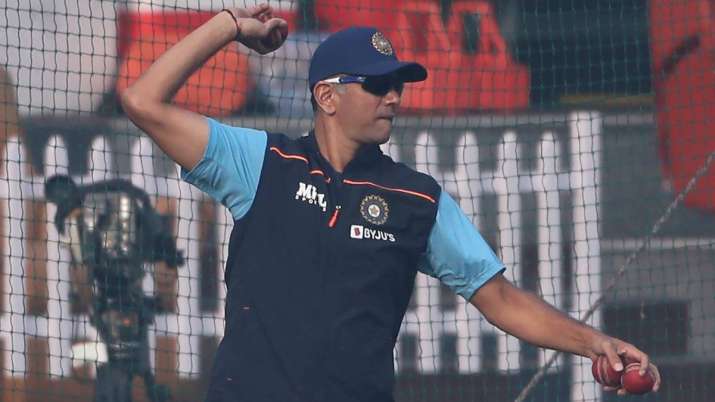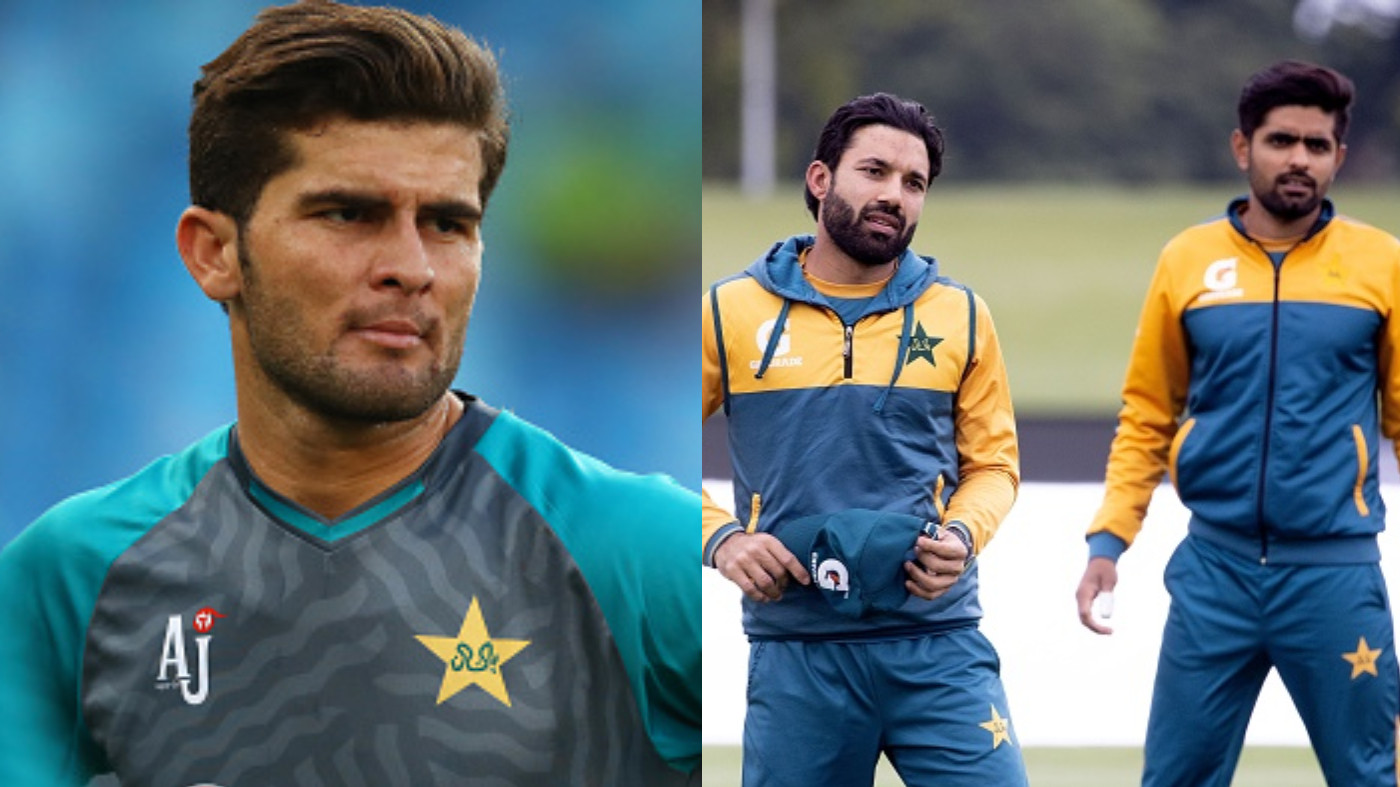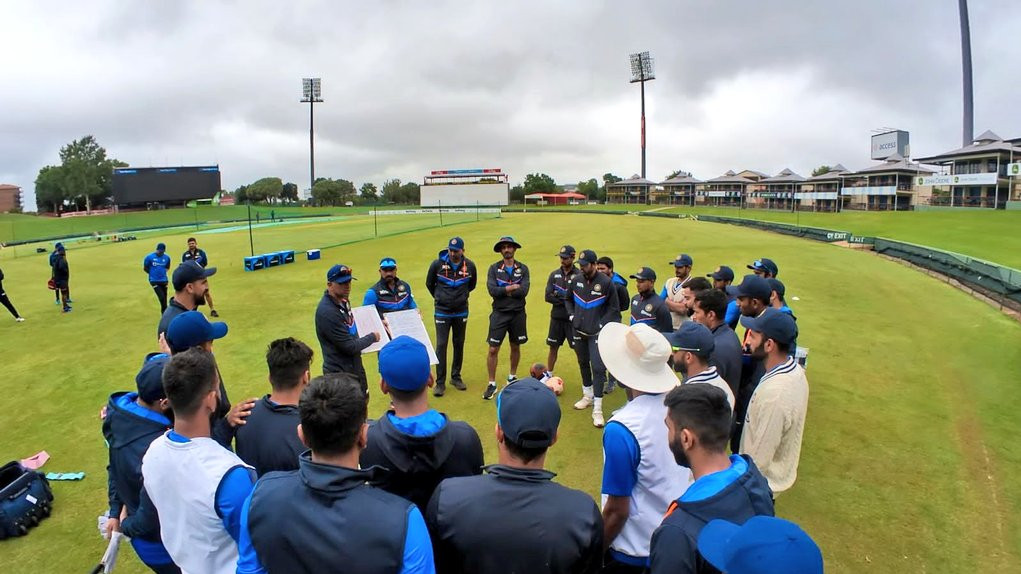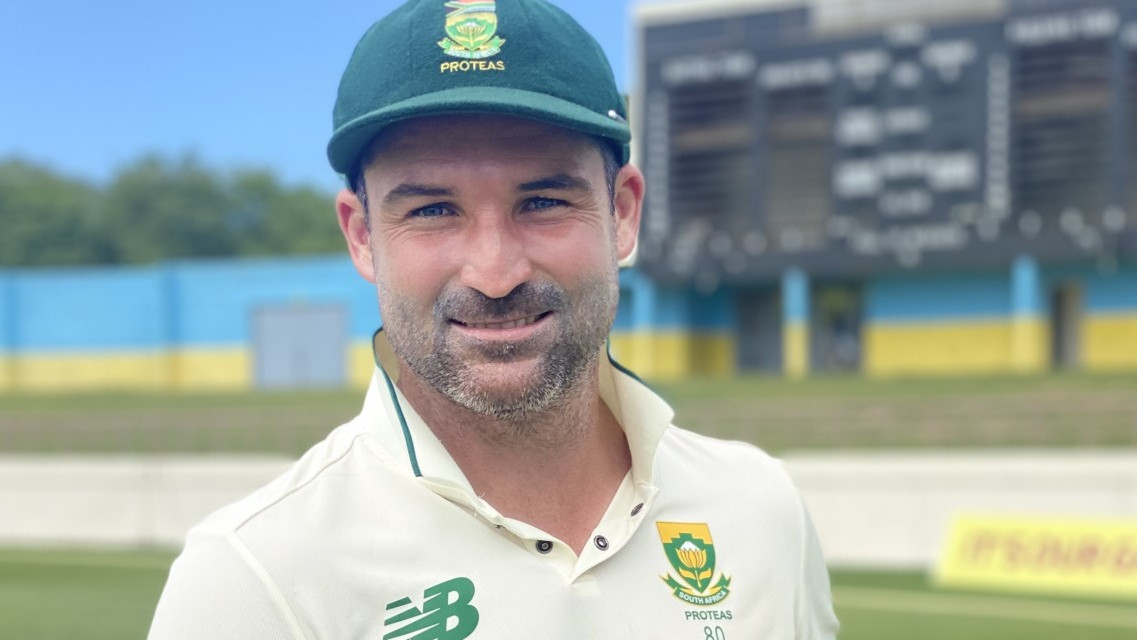
Indian off-spinner R Ashwin recently recalled former head coach Ravi Shastri’s words that left him "crushed" during a torrid phase of his career in the 2018-19 season, when he contemplated retirement multiple times, having been out of action for a considerable period of time.
He recalled India's tour of Australia in 2018-19, where he was forced to miss out on three Tests due to "athletic pubalgia" and Shastri had dubbed Kuldeep Yadav as India's No. 1 spinner overseas after his five-for in the Sydney Test, saying he was happy with the latter’s performance but was "crushed" by the former coach’s statement.
Reacting to Ashwin’s remarks, former Indian wicketkeeper Saba Karim said that it is difficult to create the right environment when such things come out and stressed that the current head coach, Rahul Dravid's role becomes "very important" in such situations.
Read Also: R Ashwin speaks on mental trauma while dealing with injuries; recalls Dhoni's words
Karim said in the 'Khelneeti podcast': “When these things come out, it is difficult to create the right environment, which is really important to perform at the international level. And for the exact same reason, I think Rahul Dravid's role is very important. The biggest challenge for Rahul is to get the players to move on from the past controversies and create a good environment.”
The former BCCI official added, “How you do it? That's for him to decide. Either you bring new rules, or make some changes in the system. You don't want the captain to feel immense pressure from his own players. That is why I think the role of head coach is very important. There needs to be transparency between everyone so that you can perform at the optimum level.”
He also recalled the time when the BCCI introduced a number of rule changes for the India women's team over the players' interaction with media.
Saba said, “When I was there, I didn't have the Indian men's team under me. I used to look after the India women's team, India U-19s, and India ‘A’. In the India women's national team, we noticed that the players of the women's national team were talking to the media on their own accord.”
He signed off by saying, “So we put a number of rules and regulations over their interaction with the media; (for example) you need to take permission from the head coach or BCCI before talking to media, verify with the media manager and the interviewer and others.
Slowly, the players began to realize that they are responsible and brand ambassadors for India, so they need to be more responsible. We didn't see any such problems with the women's national team then.”



